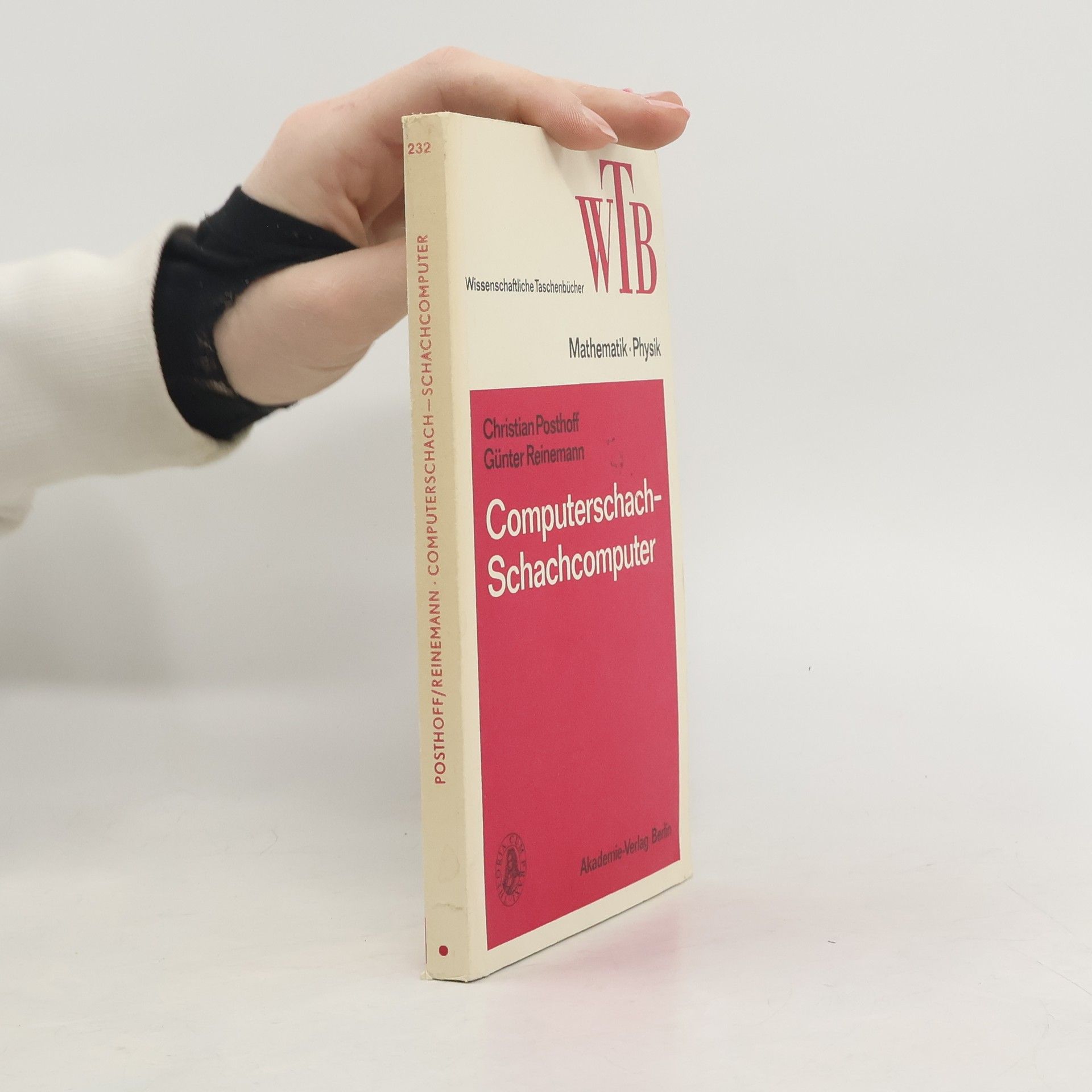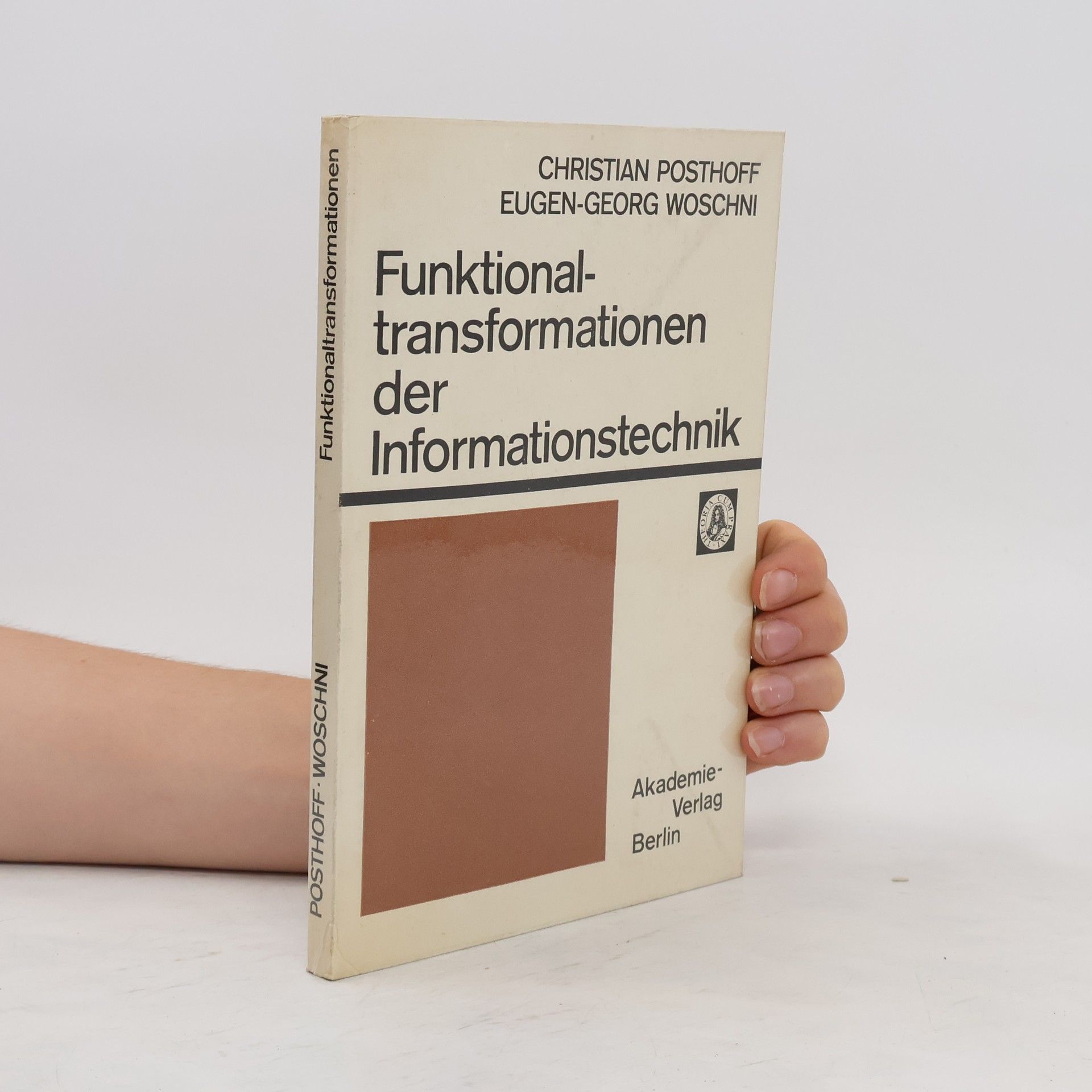Computer und Künstliche Intelligenz
- 243pagine
- 9 ore di lettura
Das Buch beginnt mit einer Erklärung der menschlichen Intelligenz und der Beschreibung von Intelligenztests. Die Künstliche Intelligenz, die auf Computerprogrammen beruht, beginnt mit der Dartmouth – Konferenz 1956, an der sich berühmte Informatiker dieser Zeit beteiligten. Diese damit eingeleitete Entwicklung wurde von großen Fortschritten der Kybernetik und der Spieltheorie begleitet.Es folgen Beschreibungen wichtiger Methoden und


